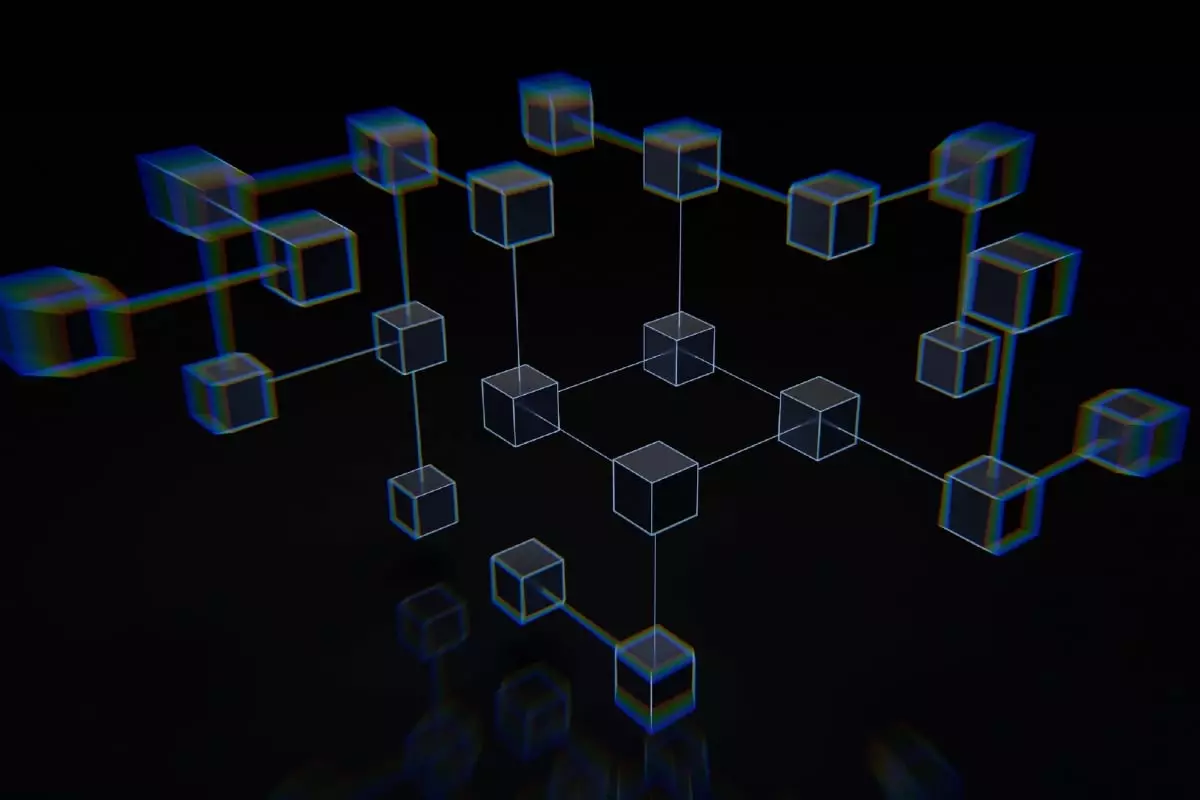Blockchain technology has been gaining significant attention in recent years for its potential to revolutionize various sectors, including governance. IIT Madras, a prestigious engineering college in India, has been at the forefront of exploring the use of blockchain in the governance sector. By moving its student election systems from traditional servers to blockchain, the institute is taking a bold step towards testing the efficacy of this technology in improving transparency, security, and efficiency in governance processes.
The decision to incorporate blockchain technology into the student election systems at IIT Madras stems from a deeper exploration of its applications beyond cryptocurrencies. Professors Prabhu Rajagopal and John Augustine, along with students dedicated to blockchain research, are leading the charge to integrate blockchain into the voting process. This move is not merely about adopting a trendy technology, but rather about leveraging its inherent features to address key challenges in governance.
According to faculty members involved in the project, blockchain offers a cost-effective solution for conducting and managing elections, which traditional server-based systems struggle to achieve. The secure, tamper-proof nature of blockchain ensures the integrity of the voting process, instilling a sense of trust among participants. By decentralizing the voting system and distributing the ledger across nodes, blockchain technology introduces a new era of transparency and accountability in elections.
Despite the potential benefits of blockchain in governance, there are challenges that need to be addressed for widespread adoption. One major concern is the transaction speed of blockchain networks, which currently lags behind traditional systems. Improving the scalability and security of blockchain for large-scale elections remains a priority for researchers at IIT Madras. Additionally, deploying blockchain infrastructure for managing extensive databases requires strategic planning and robust cybersecurity measures.
IIT Madras has been actively collaborating with startups and industry experts to develop innovative blockchain solutions tailored for governance processes. By piloting new technologies and experimenting with different applications of blockchain, the institute is poised to lead the way in reshaping the future of governance. As the demand for transparent, secure, and efficient governance systems grows, blockchain technology is set to play a pivotal role in driving meaningful change in social institutions.
The shift towards blockchain-based voting systems at IIT Madras represents a significant milestone in the evolution of governance practices. By embracing cutting-edge technologies and pushing the boundaries of innovation, the institute is laying the groundwork for a more democratic, inclusive, and technologically advanced governance system. As blockchain continues to disrupt traditional models of governance, institutions like IIT Madras are paving the way for a future where transparency, security, and efficiency are the cornerstones of governance.


Leave a Reply